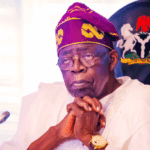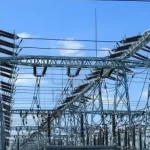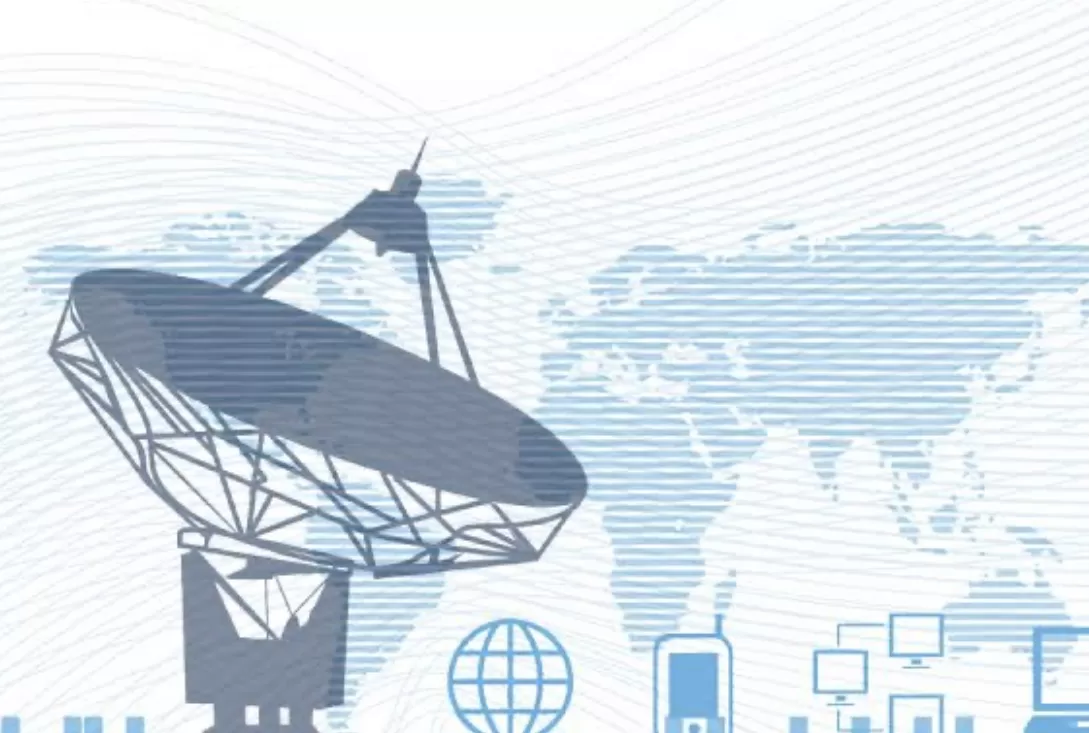Foreign investments in Nigeria’s telecommunications sector experienced a sharp decline, plummeting to $14.4 million in the third quarter of 2024, marking an 87% drop from the $113.42 million recorded in the previous quarter, according to the National Bureau of Statistics.
This decline represents a loss of $99.02 million in foreign capital inflows.
Capital importation refers to the infusion of foreign funds into Nigeria’s telecom industry, covering all forms of foreign investments aimed at business ventures within the sector.
In its capital importation report published on Friday, the NBS highlighted that the third-quarter drop marked a 77% year-on-year decline compared to the $64.05 million attracted in the same period of 2023.
This steep fall signals a troubling trend for the sector, which is grappling with persistent infrastructure challenges and soaring operating costs, despite its potential for growth.
In the first quarter of 2024, however, the sector saw a significant boost in foreign investment, with $191.5 million imported, representing a 769% increase from $22.05 million in Q1 2023.
This amount surpassed the entire foreign investments of 2023, which totaled $134.75 million. The second quarter of 2024 also experienced a positive inflow, with $113.42 million—an increase of 339% compared to the $25.81 million recorded in Q2 2023.
The sharp downturn in the third quarter comes amidst ongoing challenges facing the sector, including foreign exchange volatility, policy uncertainties, and a critical need for infrastructure development.
Rising inflation has further exacerbated the sector’s high operational costs, even as telecommunications remain essential to Nigeria’s economy, significantly contributing to the GDP and serving millions of Nigerians.
Both the Association of Licensed Telecom Operators of Nigeria and the Association of Telecommunication Companies of Nigeria have called on the government to address these pressing issues.
They warn that failure to act could threaten the sector’s sustainability. In addition, they have advocated for a tariff increase to help mitigate the escalating costs that operators are enduring.
Chairman of ALTON, Gbenga Adebayo, told The PUNCH in November, “The current pricing structures are inadequate and unsustainable. Service providers cannot continue to operate under these conditions, especially when the cost of delivering services is far higher than what is being charged.”
He further cautioned that many telecom providers could no longer subsidize services as some have done in the past, and without necessary changes, the entire sector could face severe consequences.











